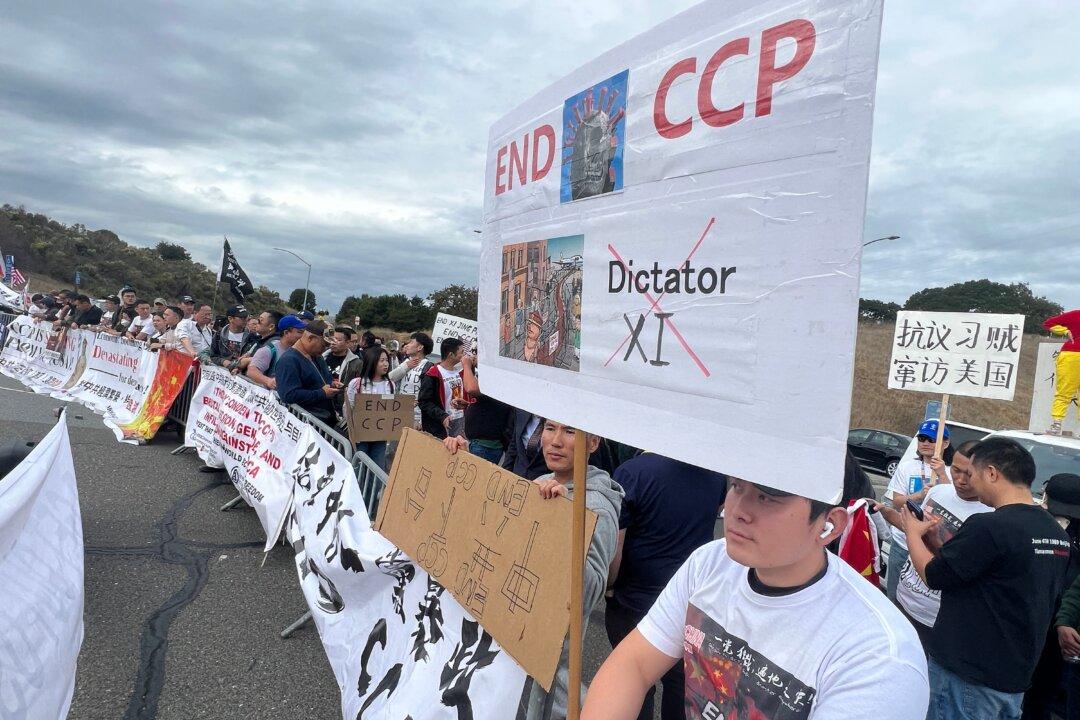During the Asia-Pacific Economic Cooperation meeting in San Francisco from Nov. 15–17, Chinese leader Xi Jinping had dinner with hundreds of top American CEOs, hoping that these business and tech executives would become mediators in the strained U.S.–China relationship.
But the grim reality of Beijing’s suppression of foreign companies has prompted these CEOs to pull their businesses out of China.





